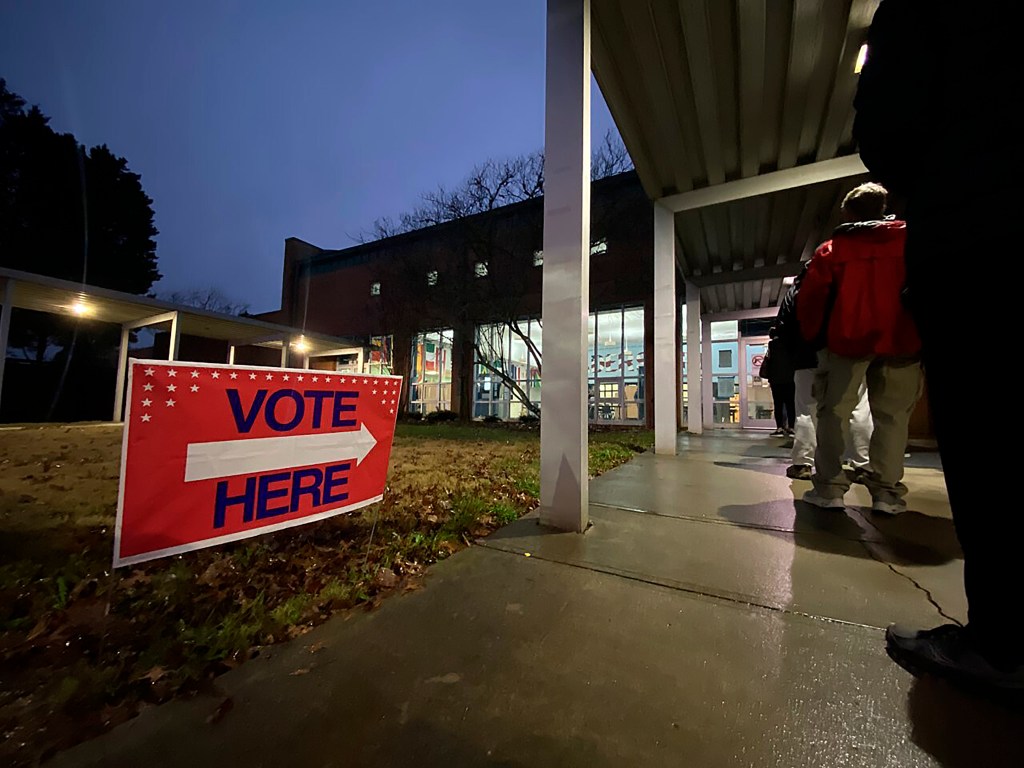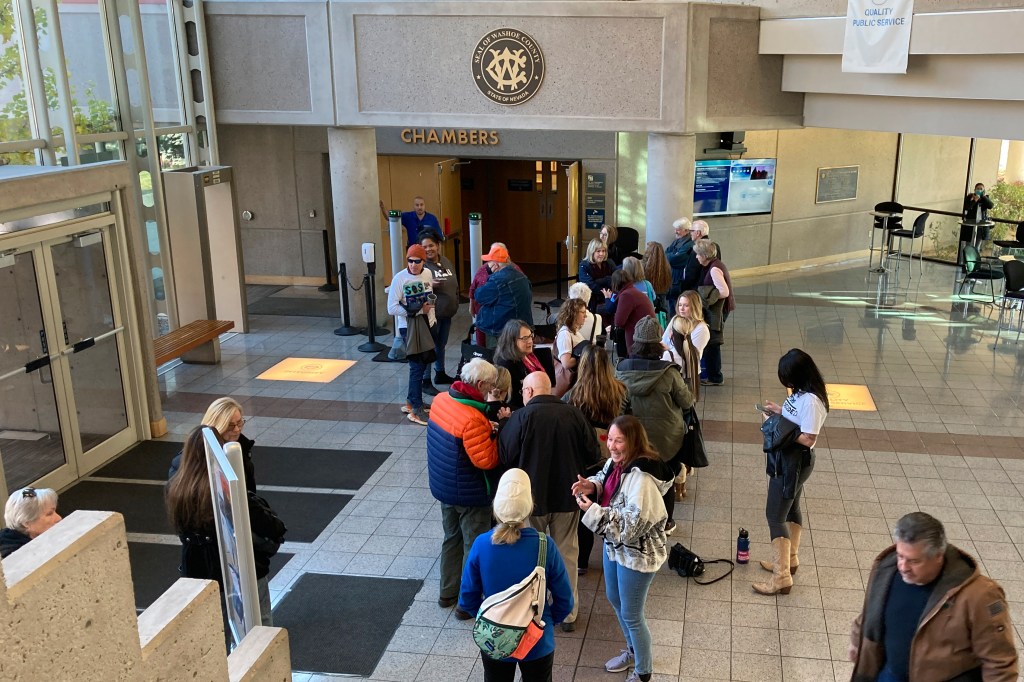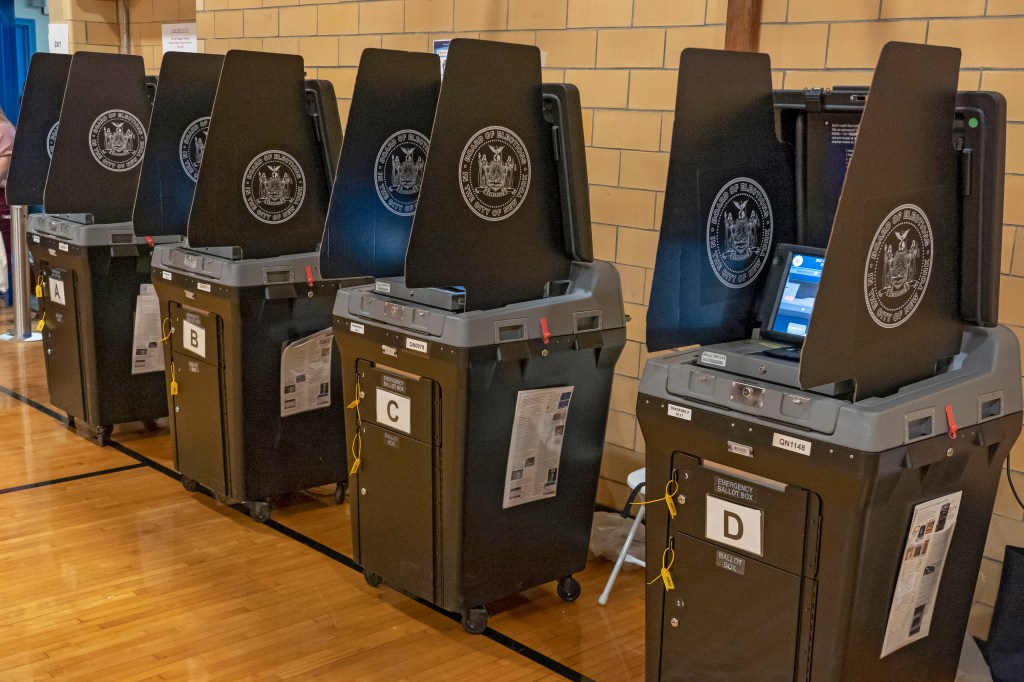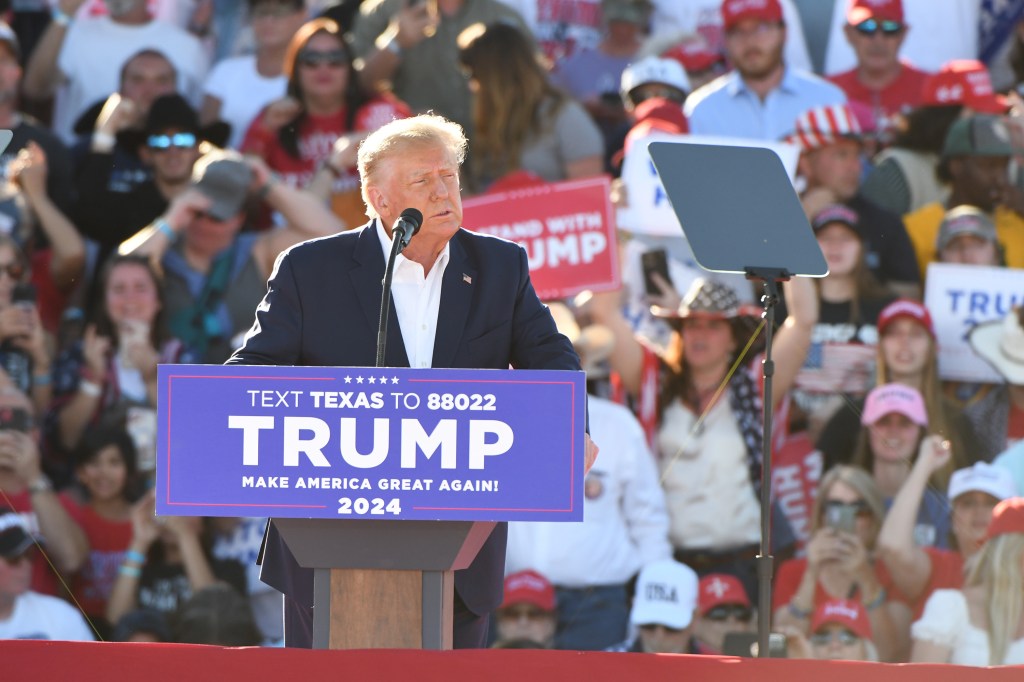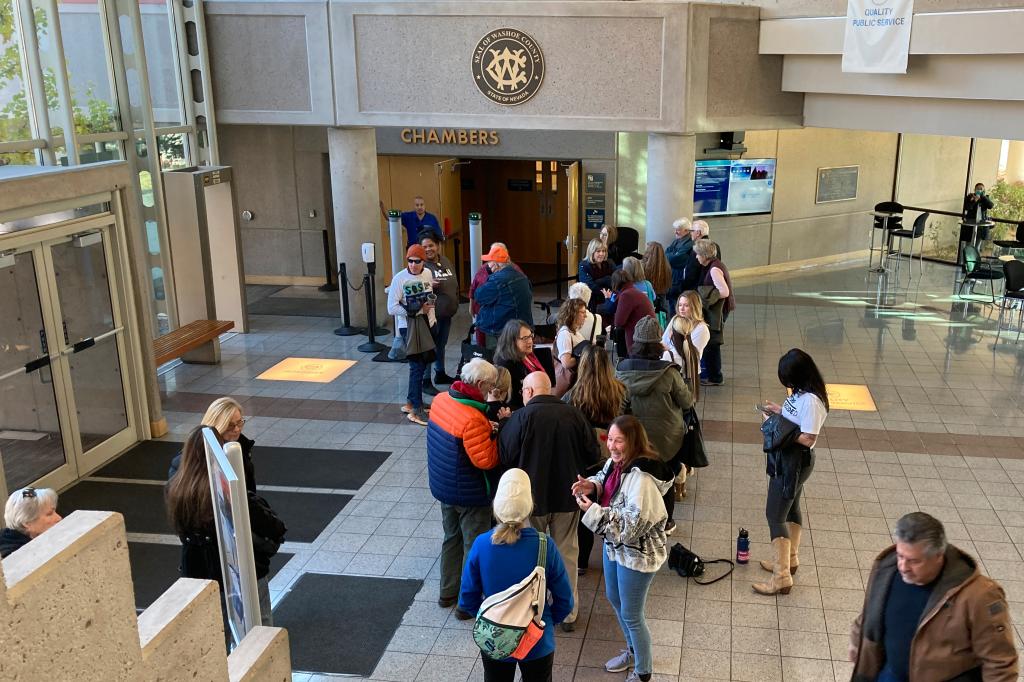As the 2024 election cycle revs into action following President Biden’s formal campaign kickoff last week, it’s time for me to shift my voter registration from my hometown in New Jersey to my new home in New York City.
But in the process of re-registering, I realized there was a problem: New York is intent on disenfranchising voters like me.
As an independent, I’m shut out of primary elections in New York where only party registrants can vote in primaries, meaning I don’t get a say in who shows up on the ballot come Election Day.
It doesn’t have to be this way.
Last year, Nevadans approved a ballot initiative that opens their primaries so all voters, regardless of party affiliation, have an equal say in picking leaders of either party.
And open primary initiatives are popping up across the country, from Oregon to South Dakota and Pennsylvania to New Mexico.
Here in New York, the activist organization Unite NY fights for open primaries, too.
And yet, New York remains one of just nine states nationwide with a completely closed primary system for presidential, congressional, and state elections.
This means that, in both local and presidential primaries, registered Republicans vote for Republican candidates while Democrats vote for Democratic candidates.
It leaves independents like me on the sidelines while the minority of voters who actually show up for primaries decide what options everyone else has in the general election.
Worse yet, Republicans rarely stand a chance in New York City, meaning with independents like me shut out from the early ballot process, the Democratic primary election often effectively determines the outcome of the entire race.
The result is widespread disenfranchisement for voters who don’t affiliate with a party.
I very much want a say in local policies, particularly on the issue of crime as a woman living alone in a major city.
And, as a concerned citizen and young person, participating in our democratic process feels more important now than ever.
This left me seriously considering registering as a Democrat purely to have a say in primary elections.
But that feels like a betrayal of my values.
I’m passionately independent, and that shouldn’t disqualify my voice as a voter.
And I’m not alone.
Independent voter registration has been on the rise in recent years.
In fact, “unaffiliated” is the most popular political designation.
Nationwide, 41% of voters describe themselves as independents, outstripping Republicans and Democrats both at 28%.
Yet, in many states around the country, this growing faction is systematically disenfranchised in primary elections.
Fifteen states have closed congressional and state primaries, and fourteen have closed presidential primaries without any provisions that allow independents to participate.
This means a subset of party-affiliated voters across the country wield an outsized influence over election outcomes, while a growing number of Americans are stuck sitting on the sidelines — as if our voices somehow matter less because our political opinions don’t fit cleanly into one box.
This system isn’t just exclusionary. It’s also encouraging hyper-partisanship.
In the closed primary system, politicians are clamoring to win over voters in their own party, rather than aiming for broad-base bipartisan appeal.
This certainly contributed to many Trump-backed candidates coasting through their primaries in 2022, only to fall flat on their faces in general elections.
The question at hand for politicians in closed primaries is: How do I appeal to the MAGA wing or the Bernie bros in my party? But, in an ideal democracy, the question should be: How do I best represent the views of my district in its entirety?
The electoral system as we know it is siphoning off voters, appealing to extremes, and ultimately pulling us apart.
Although partisanship runs deep in our history, the nation’s founders never intended it to be this way.
In the infamous words of George Washington in his Farewell Address, “[Parties] tend to render alien to each other those who ought to be bound together by fraternal affection.”
Thankfully, dozens of states such as Nevada, California, Texas, and Alaska have implemented primary election reforms to help quell the partisanship our first president warned about.
In some states, independents are allowed to vote in whatever party’s primary election they choose.
In others, primary elections are totally open, meaning anyone can vote for any candidate regardless of political affiliation.
Then, the most popular candidates face off in the general election.
California recently adopted this completely open primary system.
As a result, competitive elections doubled, meaning no candidate waltzed into the general election with a victory in the bag.
Instead, they had to fight to appeal to as many voters as possible — undoubtedly a healthy thing for democracy.
There’s no reason New York shouldn’t follow suit.
Yes, the Big Apple may be one of the most progressive enclaves in the nation, but only 56% of us in the New York City metro area identify as Democrats.
The other 44% shouldn’t have to compromise our values and register with a party we don’t like just to have a voice.
Independents contribute to society and pay their taxes just like everyone else. We deserve an equal say.
My plea to New York on behalf of my fellow independents: Open our primaries now.


